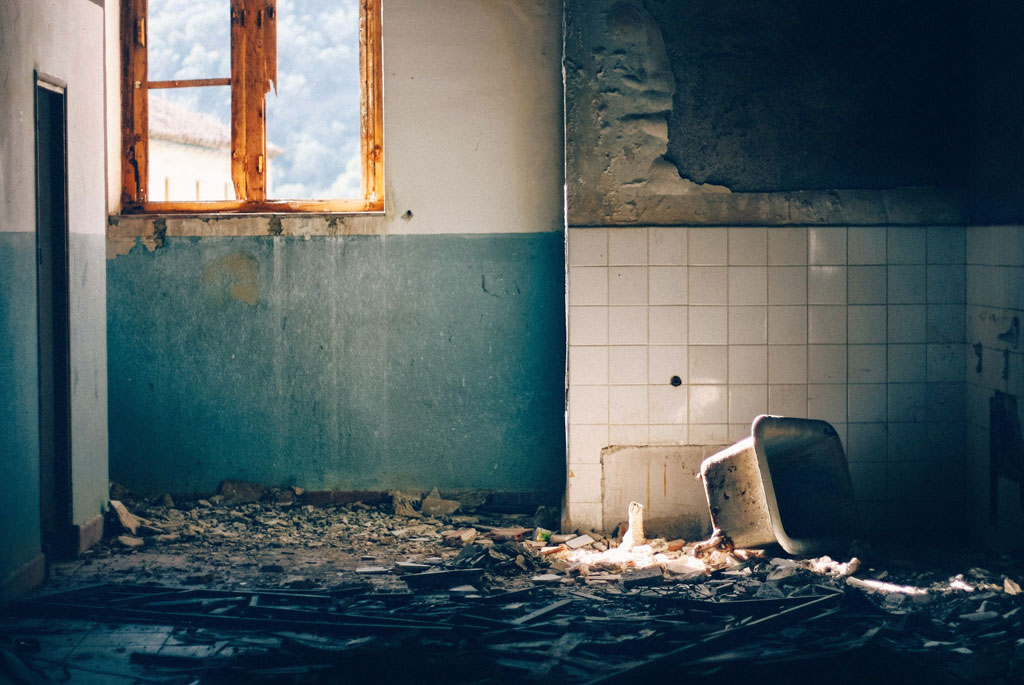
What Are The Benefits Of Home Inspections?
Even though quite a few countries worldwide are seeing the home inspection as an integral part of the real estate transaction, South Africa hasn’t quite crossed that line (yet). As a home buyer, imagine the peace of mind knowing ahead of time you’re in for a shock (or not!) when buying property; or as a home seller, being able to show the buyer how the home has been inspected and free of any expensive repair work in the near future! Wouldn’t either party regard that as a type of insurance ahead of entering into an offer to purchase?
Great info being shared in this article on home inspections! Enjoy!
What Are The Benefits Of Home Inspections?
Whether a first-time home buyer or seasoned investor, purchasing a property is a substantial commitment that needs to be fully considered, says Adrian Goslett, Regional Director and CEO of RE/MAX of Southern Africa.
“Because buying a property is such a big decision that can have a massive impact on your financial well-being, it is best to go into each transaction fully aware of what you are getting yourself into. Before putting in an offer on any home, consider having the property inspected by a professional who can provide you with a comprehensive list of all the home’s underlying flaws. While a home might be aesthetically pleasing on the surface, it is important to look past that and check the integrity of the components that make up the property to ensure that the purchase won’t end up costing more in the long run,” warns Goslett.
The Consumer Protection Act will not have an effect on the voetstoots clause used in agreements of sale in an ordinary property transaction, making the need to inspect a property thoroughly ever more important. In certain circumstances, you are protected if severe defects are found after transfer, but it is difficult to determine whether the seller deliberately concealed the defect or genuinely wasn’t aware of them.
While sellers are obliged to provide a list of all the defects they are aware of, what about the defects they aren’t. Common law states sellers are responsible for all defects in the property for three years from the date of discovery of the defect. However, the voetstoots clause protects the seller against all defects – including defects that he does not know about. In the instance that a seller is aware of a defect and conceals it, you will be able to take action against the seller, provided you can prove that the seller deliberately hid it – not an easy task.
It is often very difficult to identify any structural problems the house may have if it is not your area of expertise. Having the home inspected will provide you with an estimated cost of any repair that is necessary before committing to the sale. Knowing whether or not there are any underlying problems with the house will provide you with the opportunity of making a more informed decision.
Home inspections don’t just benefit buyers – they can assist sellers as well.
“Having your property inspected by a professional before placing it on the market will provide you with insight into what needs to be done to the home before listing. It also offers potential buyers the peace of mind that there are no major issues with the home. A home in good repair will attract a greater number of buyers when listed and will attain a higher sales price than a home in the same area that is in need of repair,” says Goslett.
He adds that even if you are not selling your home, a professional home inspection can assist you in maintaining your greatest investment to ensure future appreciation.
“Inspecting the home at least once a year will ensure that minor issues don’t become major problems. An inspector can check for damage to the foundation of the home, any faulty or outdated wiring and electrical problems, damaged plumbing or water leaks and anything else that, if left unchecked and unrepaired, could lead to a costly repair in the future,” says Goslett.
“Having the home inspected is not just about maintaining your investment, but also about the safety of those who live in it. Faulty electrical systems can potentially be extremely dangerous and cause breaker tripping or, in some cases, even fire. Unstable or insecure railings on staircases or balconies are also not safe. If these features of the home are not checked and maintained, accidents could occur,” Goslett concludes.
This article was issued by RE/MAX Southern Africa – http://www.remax.co.za/






